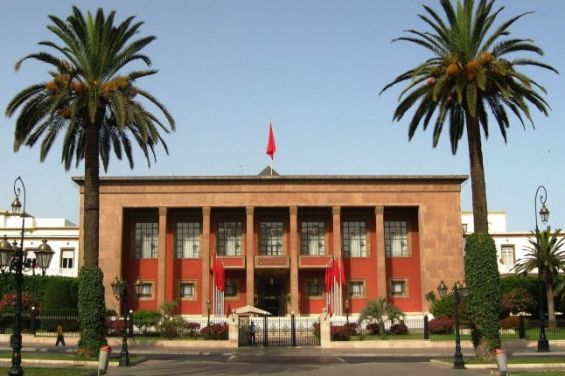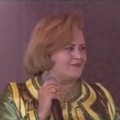The Kingdom of Morocco has managed to climb one spot to the 100th in the recently released Democracy Index, compiled by the UK-based company the Economist Intelligence Unit that intends to measure the state of democracy in 167 countries.
According to the report released on Tuesday, December the 8th, Morocco scored 4.99 out of 10 points, bettering its score in comparison to 2018 (4.87).
The survey indicates that Morocco had successfully improved its score compared to 2006. The country moved from 3.90 points in 2006, to 3.79 in 2010, 4.07 in 2012, and 4.66 in 2015.
The report puts Morocco among the countries that have a hybrid regime, a category dedicated to regimes that score greater than 4, and less than or equal to 6. To the Democracy Index, Hybrid regimes refer to nations where «governments pressure on opposition parties and candidates may be common and corruption tends to be widespread and the rule of law is weak».
Elections, Hirak and the boycott campaign
In the global ranking, the Kingdom is positioned behind Kyrgyz Republic (98th) and Bosnia and Hercegovina (101st).
Compared to other countries, Morocco is ranked third in the MENA region behind Israel 1st, Tunisia 2nd, and behind Lebanon 4th, Palestine 5th, Iraq 6th, Jordan 7th, Kuwait 8th, Algeria 9th and Egypt 10th.
According to the Economist Intelligence Unit, MENA «continues to be the poorest performing of the regions in the Democracy Index».
«However, 2018 was a period of little movement for the region in the index (…) only Morocco, Yemen, Libya and Tunisia recorded score changes of more than 0.1 points in their overall score», the same source wrote.
For Morocco, the report’s authors believe that the «turnout» in the 2016 election was below 50%, indicating that «political and business elites continue to be challenged by a nationwide surge in discontent over the rising cost of living».
«Exacerbated by a successful social media campaign calling on ordinary Moroccans to boycott several consumer products», the same source added.
The annual report referred to Hirak protests in the Kingdom too, pointing out that «the king has tried to address popular grievances by granting a royal pardon in August 2018 to over 180 people arrested».
The global ranking was topped by Norway which scored 9.87 out of ten points, followed by Iceland 2nd, Sweden 3rd, New Zealand 4th, and Denmark 5th. Chad 163rd, Central Africa Republic 164th, Democratic Republic of Congo 165th, Syria 166th and North Korea are at the bottom of the ranking.





 chargement...
chargement...












